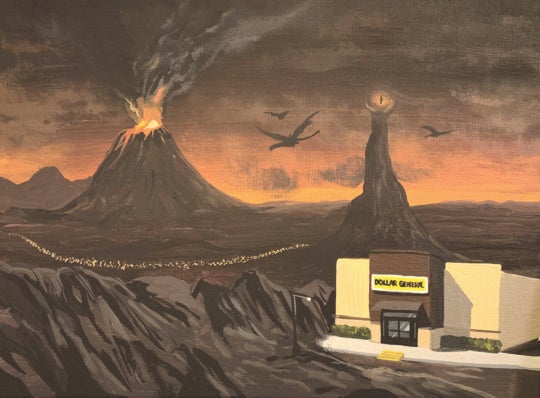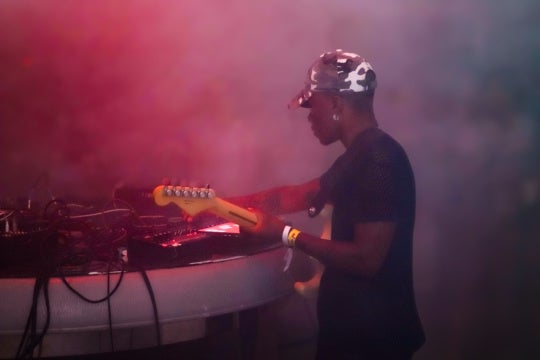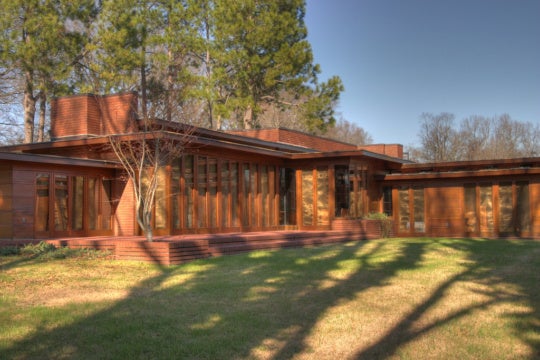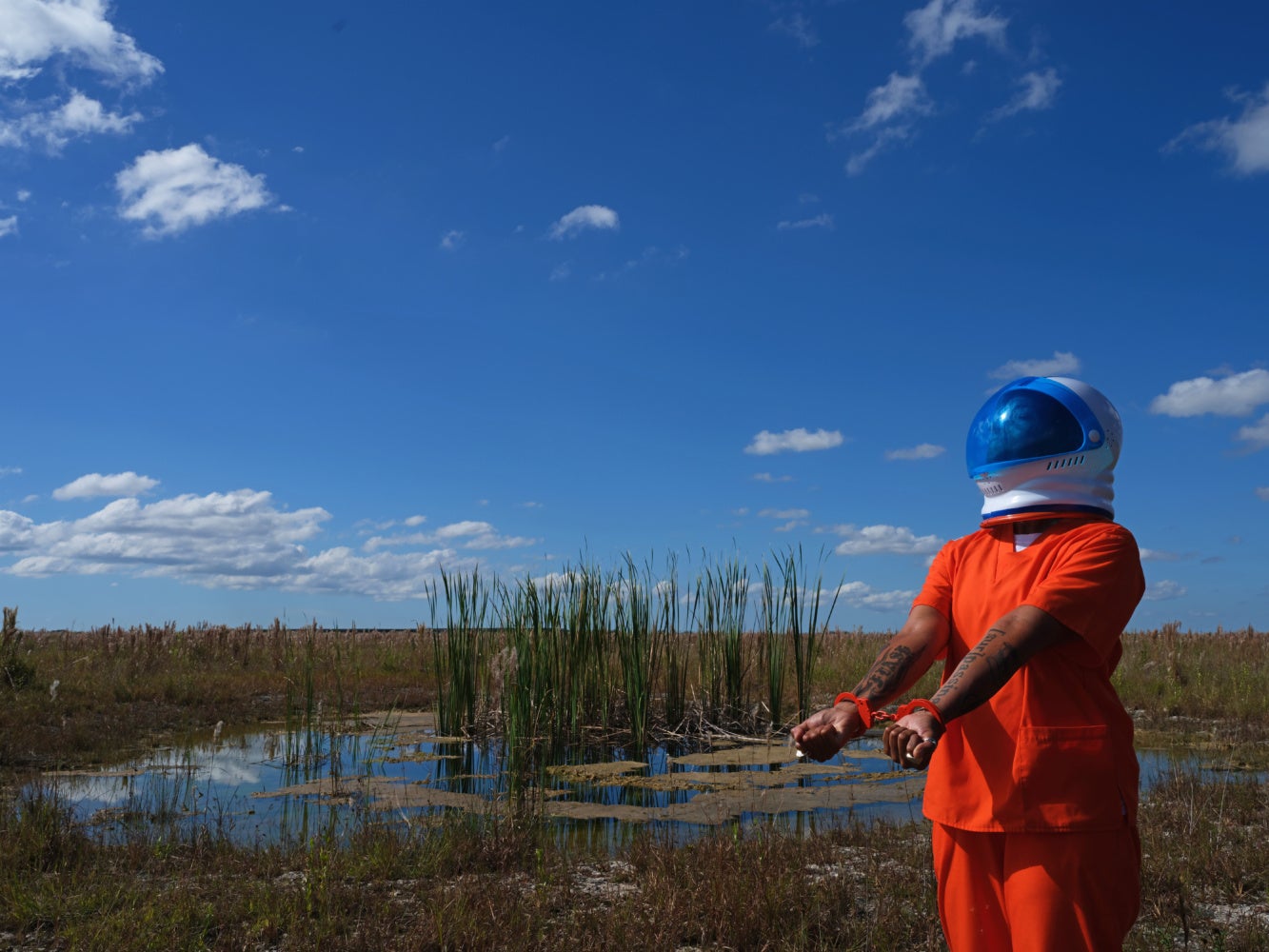
With the fresh news of Florida Governor Ron Desantis vetoing more than $32 million in funding for organizations tied to the visual, performing, and literary arts, there’s an added doom that is now floating in the air about what is implicated in this decision. Released by the Florida Division of Arts and Culture with the initial requested amounts and panel recommendations of all organizations across the state1, alongside a specified list of budget cut numbers for each Miami-Dade organization affected following the veto2, all financial figures noted in this essay are pulled from these sources.
The limbo state, mental and emotional, felt by those working in the arts and culture sectors lies in the unknown of what’s to come. While it’s a big slash across the board, every dollar that goes into these entities counts when you consider how every team member is funded to afford their livelihood and the rising cost of living, how staff are able to grow beyond their scope in order to surpass their own achieved benchmarks, and how the public experiences programming in the form of exhibitions, workshops, and services that are catered to a spectrum of age groups and individual interests.
Who will be most affected by this veto? How will this major financial cut affect the livelihoods of organizations and the individuals who work in them? How will this impact public access to the arts across all mediums? What is the fate of these organizations in the coming year?
The limbo state, mental and emotional, felt by those working in the arts and culture sectors lies in the unknown of what’s to come.
How these organizations provide the arts and culture experiences in the state can be contextualized in my daily and weekly routines in greater Miami. I think about the experience of attending film screenings by Third Horizon, a Caribbean filmmaking collective, or attending national poetry month every April with O, Miami. The work and accomplishments of these organizations lie in the midst of this veto’s crossfire. As someone who has worked in and around Miami-based arts organizations for the past six years—at varying capacities and roles—I care deeply about the future of the city as a whole, the communities across its neighborhoods, and the people living within this place I am from and still call home.
Below are five art organizations of varying sizes that serve an array of artists. I consider what each faces at the micro and macro level with this decision.
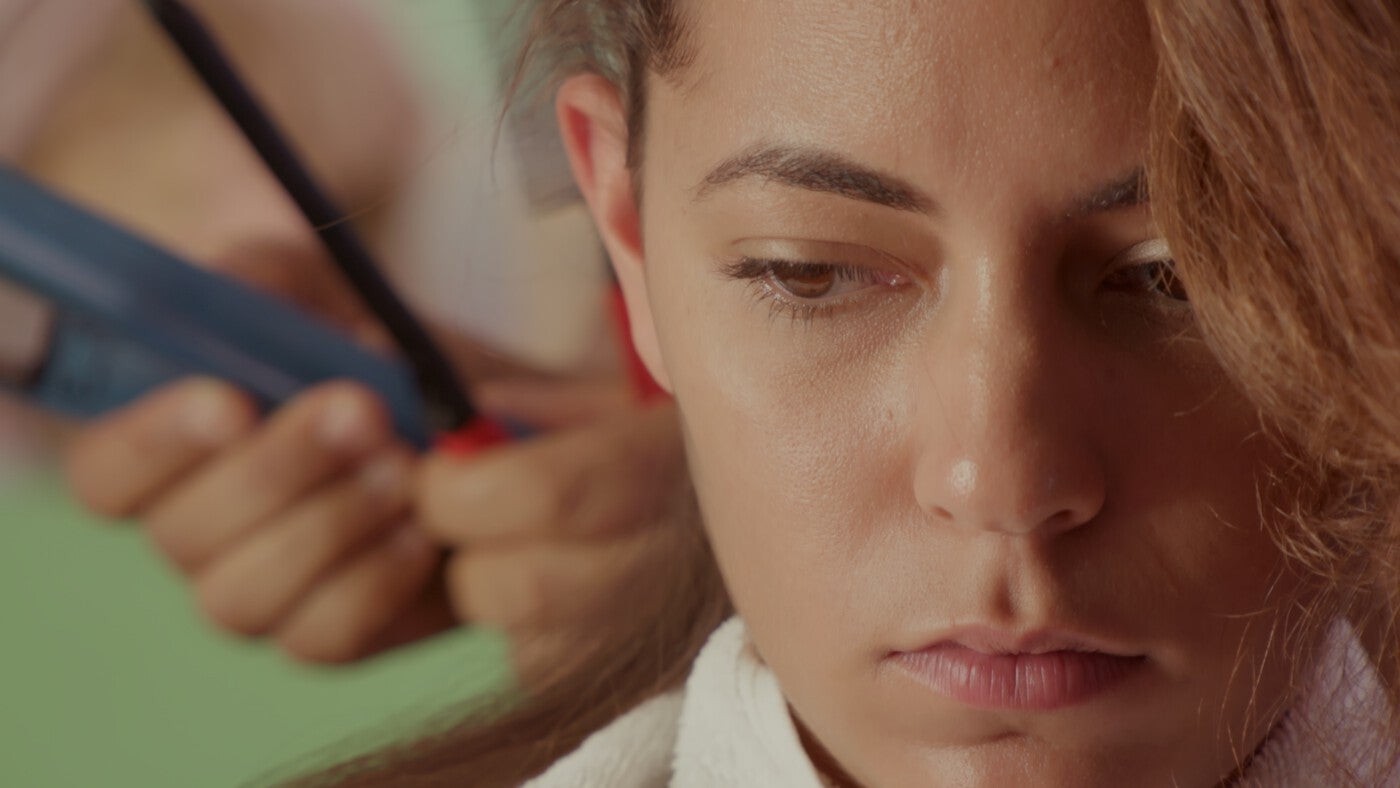
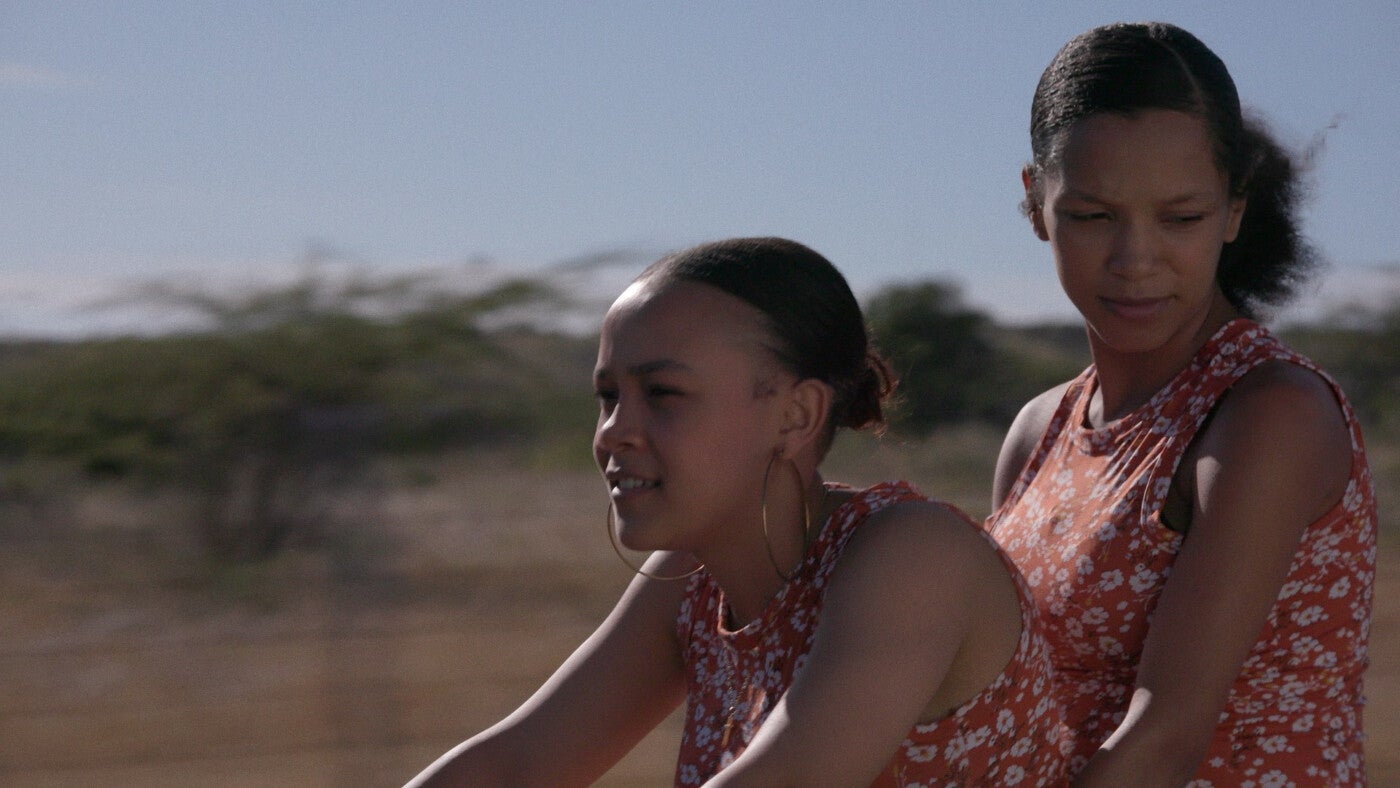
Third Horizon
Third Horizon works to bring Caribbean-based and diaspora films and filmmakers to the stage through in-person screenings, grant initiatives for short films, and an in-person and virtual film festival in Miami. As of this past May, Third Horizon brought back their festival for its fourth in-person iteration after a pandemic pause since 2020. Monica Sorelle, the 2024 festival managing director, spoke with eager excitement in the initial press releases surrounding the return in stating, “It’s an honor to be back to facilitate what I call our comeback year, where we recommit to Miami and its film community, and fill the crucial but necessary gap in screening Third World films to a first and second-generation immigrant population.”
The in-person festival required extensive labor, planning, and funding. Recently, film venues were defunded and deprioritized like Tower Theater in Little Havana. Subsequently, screenings this past year were held at Miami Dade College’s Koubek Center. Third Horizon events provide a community of cinema lovers and those interested in hearing the stories of the Caribbean. For example, the organization has supported new works by Dominican filmmaker Victoria Linares Villegas through the presentation of her feature debut titled Lo Que Se Hereda (It Runs in the Family) (2022) and this past festival’s run of her second feature Ramona (2023).
In some senses, the organization has advantages because of grants like the Forward Fund that are aided by sponsors, like the The Miami Foundation and the John S. and James L. Knight Foundation. The latter recently granted Third Horizon the Knight Art + Tech Expansion Fund, which allows the organization to continue supporting filmmakers without the state’s involvement. It’s difficult to see how the veto will impact their programming over the course of the next fiscal year, but I foresee the benefits of collaborations they have with the community helping them stay afloat, such as screenings held at the Pérez Art Museum Miami and free, accessible workshops that are led in partnership with grassroot film collectives and networks. Partnerships may be a way to ensure that Caribbean cinema is given its due attention.
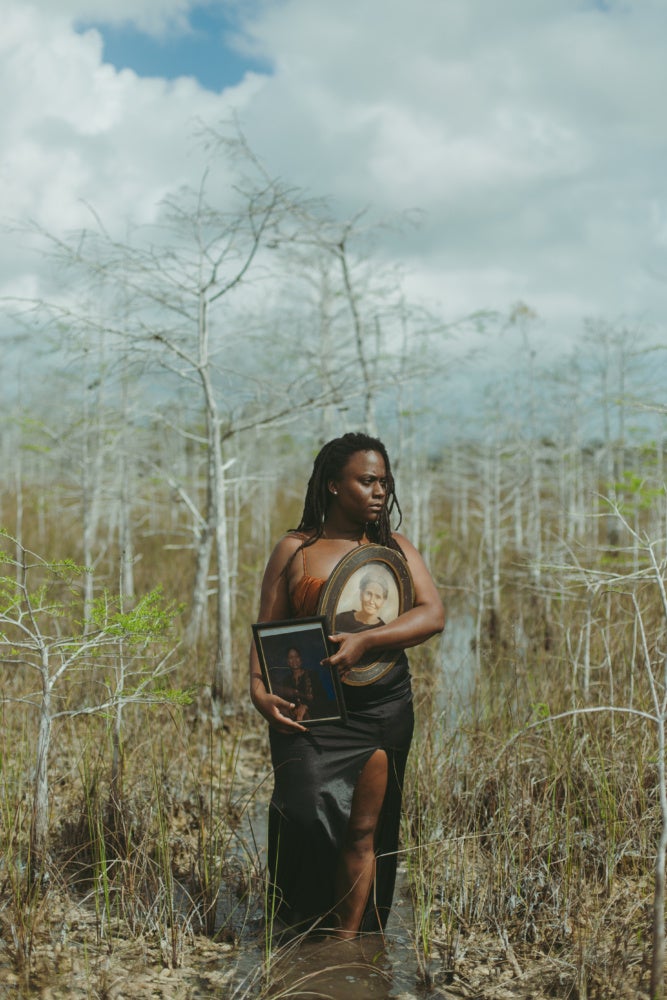
Artists in Residence in Everglades (AIRIE)
Artists in Residence in Everglades (AIRIE) had $19,887.00 cut from their 2024-2025 budget. The program invites one artist or collaborative a month to live and research within Everglades National Park. Supporting national and international artists, AIRE connects participants with park rangers to support artists’ research while also providing opportunities to present resulting work via public discussions and social media takeovers.
Although the Everglades is receiving over $740 million for a massive restoration project from the Florida legislature, this program provides artists access to the multifaceted biome3. Further, other opportunities arise because of the program, for instance, artists of color can access and consider the Park’s history, providing a means to discuss Indigenous land rights and Black legacy, including maroon communities that inhabited the swamp in the late 1700s to Caribbean sugarcane workers that migrated to work the ecosystem’s fields during the 1980s.
To be in conversation with Everglades National Park as artists allows for the future of recreation, knowledge, and the preservation of this heritage site to percolate into discussions surrounding the future of Miami’s ecosystem as a whole, especially addressing issues like climate gentrification and flooding affecting residents in the direct community. Rather than existing in a vacuum or a silo, artist residencies such as AIRIE need every dollar in order to provide a care-conscious experience for each resident that heightens the likelihood of a symbiotic exchange between those entering as strangers and the flora/fauna that have existed for millenia.
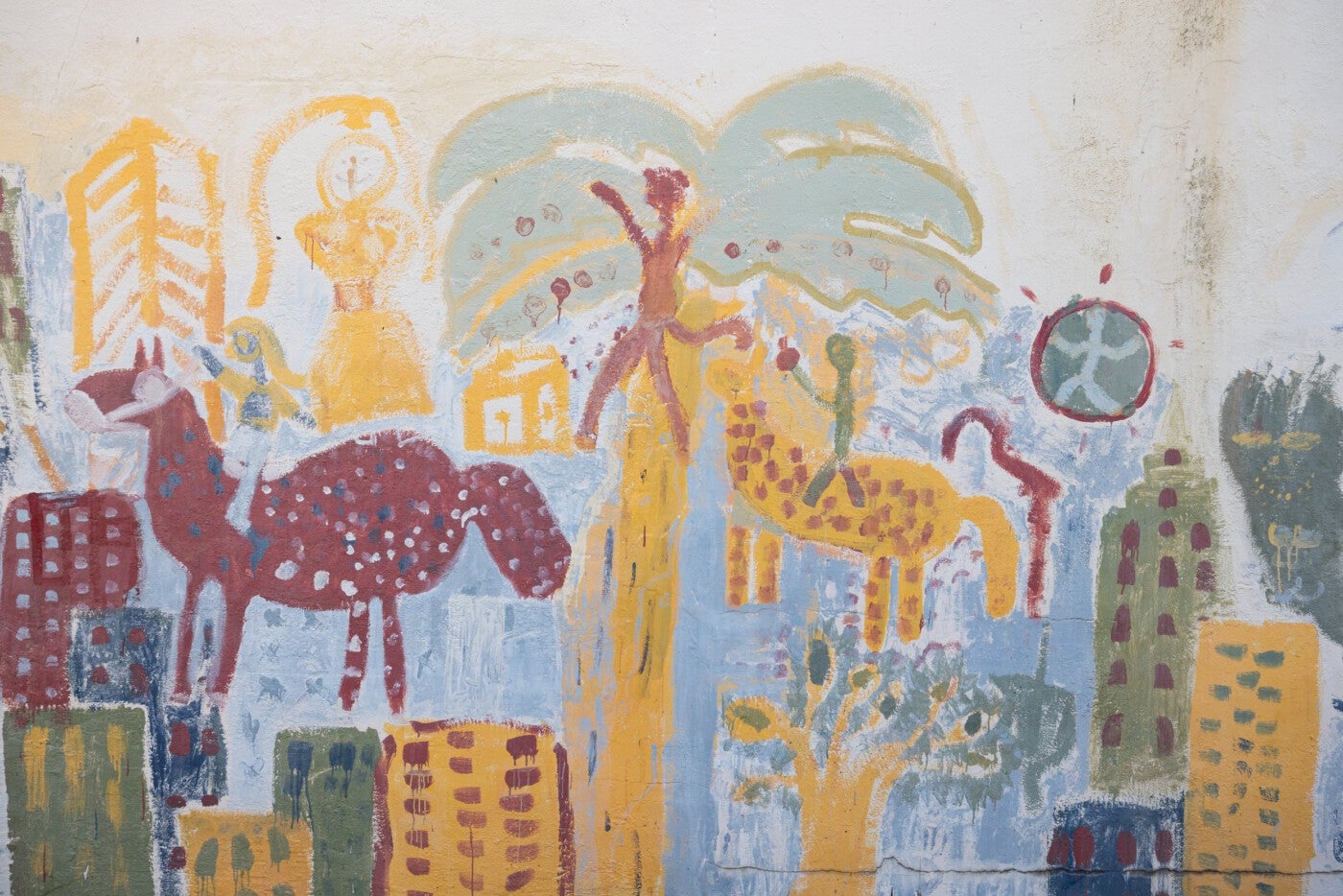
Bakehouse Art Complex
Bakehouse Art Complex is a studio building in Wynwood where over 100 resident and associated artists benefit from access to work spaces, facilities, and networking connections. It was hit with a loss of $45,731.00 in state funding. Built in 1926, the structure originally used as a bakery was repurposed in the mid-1980s into artist studios4. This summer, Bakehouse was beginning renovations in order to revitalize the physical structure that has been impacted by architectural aging.
Now with the funding cuts on the horizon, there are questions about access to long-term studios within the complex. Along with the rapid development and continued gentrification of the surrounding neighborhood, as well as the county-wide disparity in the rising cost of studio space, any loss of financial support jeopardizes the infrastructure that allows resident artists to access work space, collaborate on short-term and large-scale projects, and establish interpersonal relationships through studio visits. The reduction of affordable studio spaces for artists equates to the loss of creative output in the city.
Given the city’s reputation with faulty infrastructure—the Surfside condo collapse in 2021 and Florida International University pedestrian bridge collapse in 2018—it’s more than evident that architectural improvements are necessary in order to assure safety and security for those working within its walls. With the Florida insurance market still feeling the shockwaves of these deadly collapses in raising rates and deductibles5, the funding cuts do not aid Bakehouse’s structural situation at hand and sacrifice the safety of artists and their work within its studios.
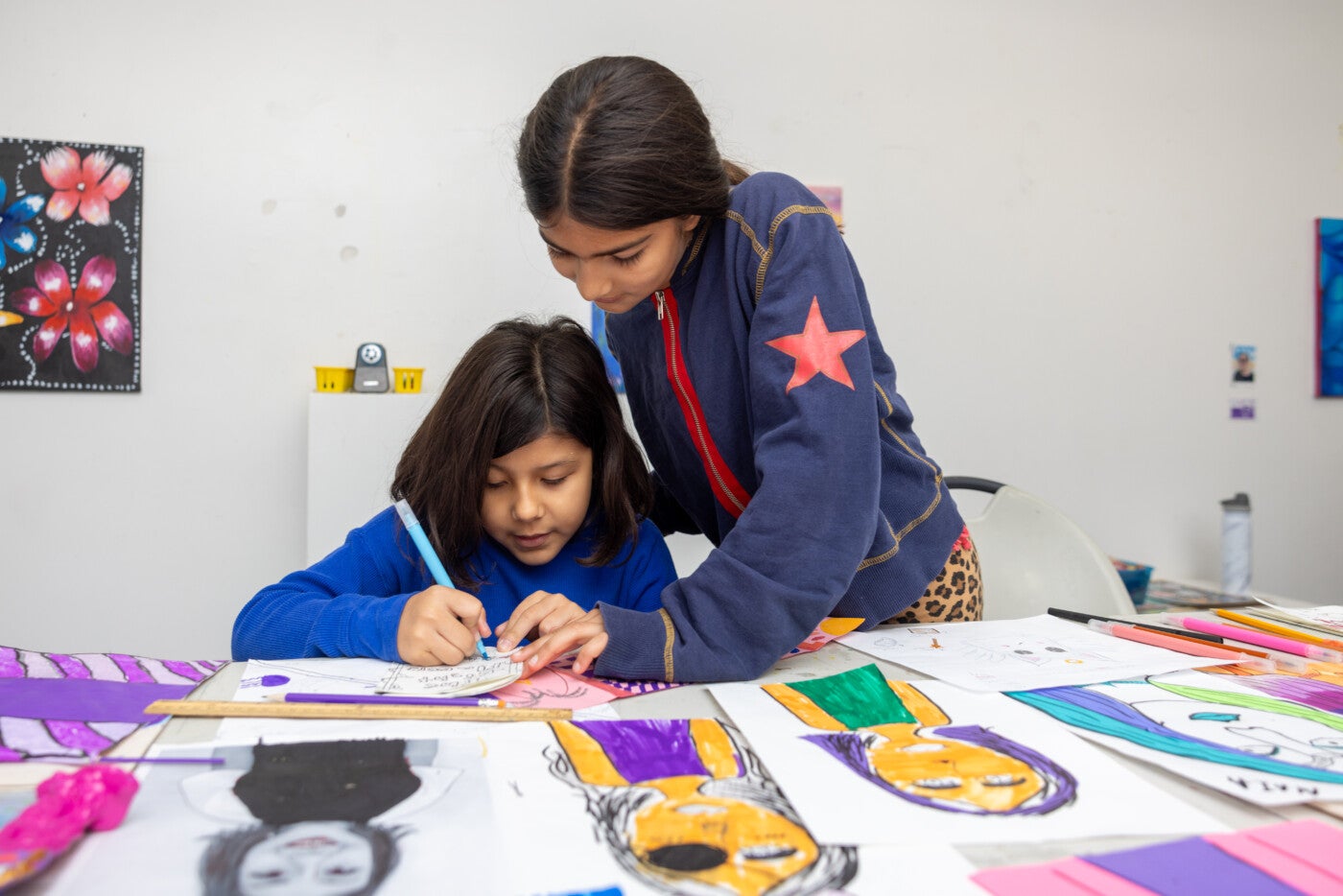
ArtSouth and Arts for Learning
The cut included $14,694.00 for ArtSouth and $70,500.00 for Arts for Learning, both of which are blows to vital arts education for underrepresented communities. ArtSouth runs “Art Behind Bars’’ at Everglades Correctional Institution, which provides visual arts instruction to incarcerated adults. Removing support reinforces a system that deprioritizes and dehumanizes individuals. Arts for Learning, which partners with sites and local teaching artists throughout Miami to serve more than 5,000 students, is one of the largest sums cut from the statewide veto.
In speaking with Sheila Womble, the Executive Director for Arts for Learning, she notes, “The real issue is not about how Arts for Learning or any one organization is fairing with the cuts but the baffling decision to divest in an industry that represents such a small portion of the overall state budget but provides such significant returns. It is appallingly shortsighted. This is a divestment in education, youth development, the economy, jobs, tourism, and frankly all of the joy that the arts bring to communities.”
*
Penny-pinching. Limited budgets. Reassessment of what’s feasible. These are all qualities that are normally not attributed to Miami, which is broadcast as a luxurious “vacation” destination. With the $32 million state-approved veto landing as organizations big and small plan for the year and for Miami Art Week, it’s indiscernible just how grave the consequences will be for the organizations who have lost thousands of dollars in critical funding.
What is certain is how deeply personal this decision feels for those committed to contributing to individual and collective ecosystems.
In painstakingly advocating for pay raises for myself in the past as I wore many hats under the stipulated role of one, I fear for those who can’t count on limited budgets to protect their salaries against the rising cost of living. Speaking frankly as an appreciator of the arts and artist myself, I feel undermined in seeing how the arts and its laborers are looked at from the top down, and how they are not valued by those in power. Support in numbers—financial and in mutual aid through attendance at events—is the only assurance available to the South Florida art community in the immediate future.
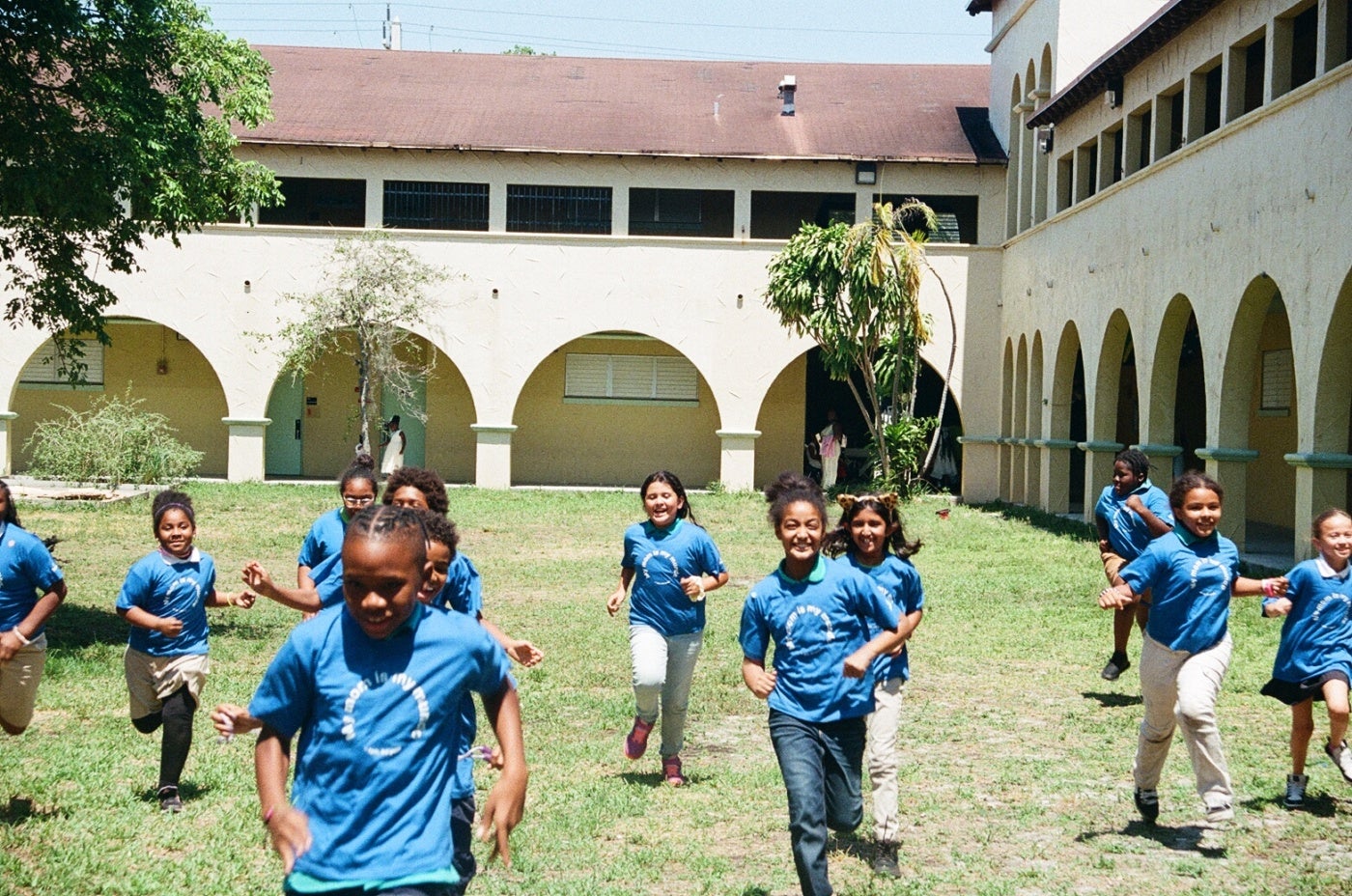
[1] “2024-2025 General Program Support Ranked Application List,” Florida Department of State, Accessed August 8, 2024, https://dos.fl.gov/cultural/grants/grant-resources/grant-awards-recommendations/ranked-application-lists/2024-2025-general-program-support-ranked-application-list/; [2] CityTheatreMIA. “City Theatre on Instagram: ‘Attention Miami-Dade! Governor Desantis’ Decision to Veto $32 Million in Cultural and Museum Grants Has Hit Our Community Hard….’” Instagram, June 18, 2024, https://www.instagram.com/p/C8XkOPAuEA8/?utm_source=ig_web_copy_link.
[3] Beth, Alvi, “State Budget Delivers High Levels of Funding for Everglades,” Audubon Florida, June 6, 2024, https://fl.audubon.org/news/state-budget-delivers-high-levels-funding-everglades.
[4] “Background,” Bakehouse Art Complex, Accessed August 8, 2024, https://www.bacfl.org/background.
[5] Palm Beach Post, “As Developers Buy Old Florida Condos, at Least Owners Don’t Have to Pay for Costly Repairs.” The Palm Beach Post, August 7, 2024, https://www.palmbeachpost.com/story/opinion/editorials/2024/08/02/florida-insurance-condo-surfside/74608024007/.

